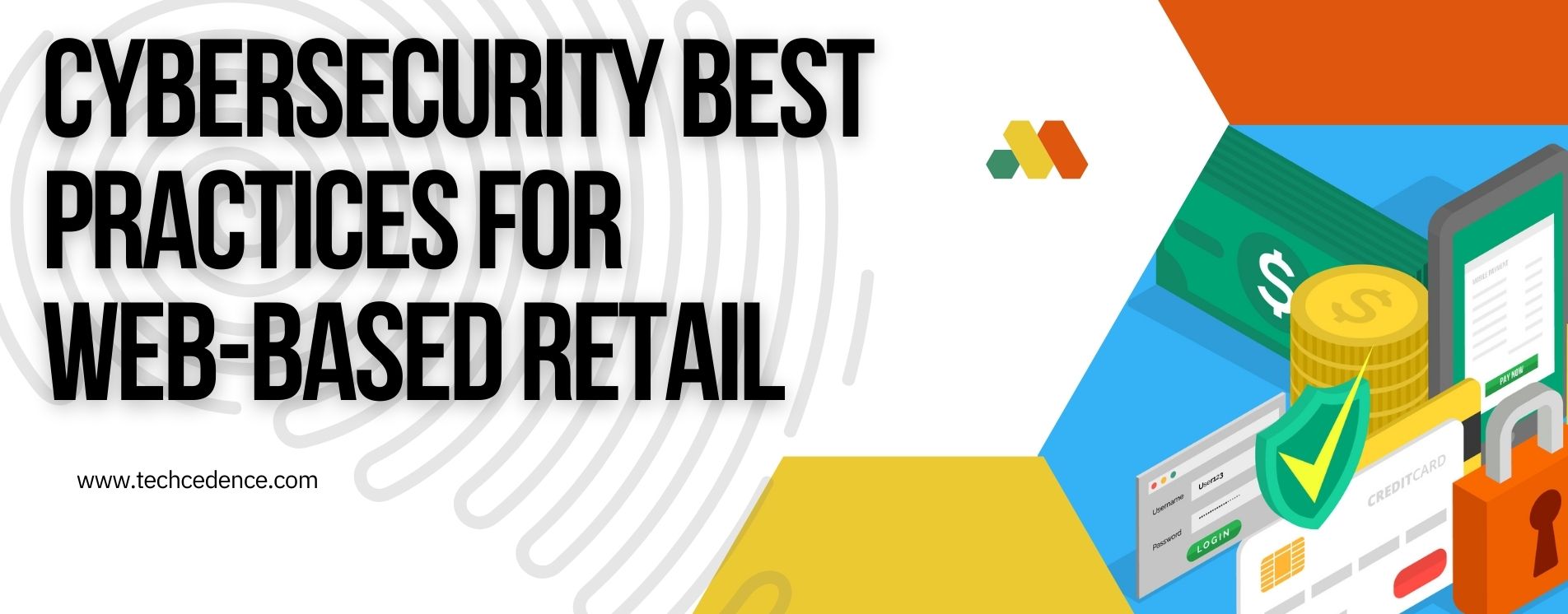
Categories : Uncategorized
Author : vivekkumarp Date : Jul 23, 2024
The digital revolution has fueled remarkable growth in the e-commerce sector, offering consumers convenient access to a wide array of products and services. However, this expansion has brought new security challenges for online retailers. To safeguard customer information and maintain transaction integrity, web based retail sites must implement robust security protocols. This article outlines critical security measures that should be standard for all e-commerce websites, with a focus on leveraging the latest technologies to create high-performing and secure web environments.
Core Principles of Web Retail Security
Before delving into specific strategies, it’s crucial to grasp four fundamental concepts that underpin Web Retail security. Understanding these principles enables a comprehensive approach to website protection:
Privacy: Web Retail platforms handle sensitive data, including personal details, payment information, and transaction histories. Protecting this confidential information from unauthorized access is paramount. Technologies like React and Angular ensure that data is handled securely on the front end, while back-end frameworks such as Node.js and .NET Core provide robust security measures to protect data.
Integrity: Data integrity involves preserving customer information from unauthorized alterations. This ensures that all data remains accurate and reliable throughout its lifecycle. Using databases like PostgreSQL and MongoDB, known for their strong data integrity features, is essential.
Authenticity: Authentication measures are vital in Web Retail to verify the identities of both customers and businesses. These safeguards reduce fraud risks and unauthorized access, fostering trust in online transactions. Implementing frameworks like .NET Core and Laravel, which offer built-in authentication mechanisms, enhances security.
Non-Repudiation: This principle ensures that both parties in a transaction cannot later deny their involvement. Non-repudiation technologies provide proof of transaction origin, delivery, and receipt, protecting both businesses and customers from fraudulent claims. Using SSL certificates and secure payment gateways helps ensure non-repudiation.
We at Techcedence leverage the latest technology to deliver a high-performing and secure web environment, ensuring the safety and reliability of your Web Retail platform.
Multi-Factor Authentication
Multi-Factor Authentication (MFA) adds an extra layer of security beyond just a username and password. This process typically involves:
Implementing MFA significantly reduces the risk of unauthorized access. Technologies like React and Vue.js can be used to create user-friendly MFA interfaces, while back-end solutions like Node.js and .NET Core handle the authentication processes.
Payment Gateway Security
The payment process is a crucial step in every Web Retail site. Users are looking for an easy and secure payment system. This can be achieved through:
SSL Certificates
Secure Sockets Layer (SSL) certificates ensure that data transferred between the browser and the server is encrypted. Technologies like React and Angular can easily integrate SSL certificates to create a secure user experience.
Firewall
Firewalls act as barriers between the internal server and the external server, protecting against threats that may compromise the security of the external server or the service provider. When it comes to firewall security, e-commerce websites should consider the following considerations:
Technologies like Node.js and .NET Core benefit greatly from WAF and network firewalls to protect against common web threats.
Anti-Malware Software
Malwares are created to damage or provide unauthorized access to websites and systems. These threats can be avoided by:
Technologies like PHP (Laravel) and .NET Core can integrate seamlessly with anti-malware solutions to provide real-time protection.
PCI-DSS Compliance
The Payment Card Industry Data Security Standard (PCI-DSS) ensures businesses handle payment card information securely. Essential criteria involve:
Using frameworks like .NET Core, Java, and Node.js helps e-commerce platforms meet PCI-DSS standards, providing secure payment processing.
Conclusion
Implementing these security measures safeguards your business and customers, helping establish trust and credibility in your online presence. Staying updated on emerging threats and continuously updating your security protocols is crucial for sustained success in Web Retail. Regularly back up site files and databases, perform periodic security audits, ensure secure server and admin dashboard configurations, and keep all software and plugins up to date.
Leveraging the latest technologies, as mentioned throughout this article, ensures a high-performing and secure web environment for your Web Retail Store.